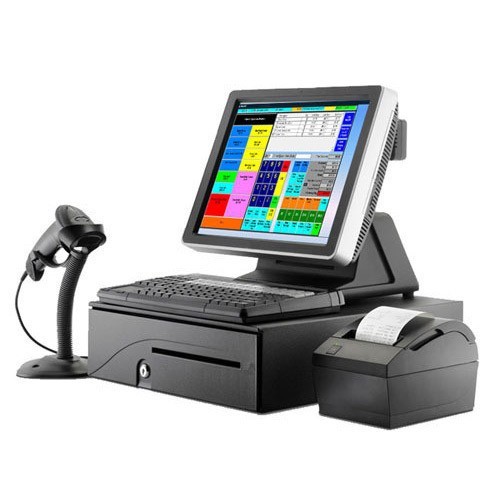What is Payment Processing? Everything You Need to Know!

Payment processing is the act of accepting and approving electronic payments. This can be done through a number of different channels, including credit cards, debit cards, and electronic checks. Payment processing also includes the management of customer refunds and chargebacks.
In order to process payments, businesses need to have a merchant account with a payment processor. The processor will then provide the businesses with the necessary tools and infrastructure to accept and process payments. These tools can include a payment gateway, a point of sale system, or a mobile card reader.
There are a number of different types of payment processors, including:
1. Credit Card Processors: These processors are responsible for handling credit and debit card transactions. They will typically charge a fee per transaction.
2. Electronic Check Processors: These processors handle electronic check payments. They will also typically charge a fee per transaction.
3. Alternative Payment Processors: These processors offer alternative payment methods, such as gift cards or e-wallets. They typically charge a per-transaction fee.
4. Refund Processors: These processors handle customer refunds and chargebacks. They will typically charge a fee per transaction.
5. Fraud Management Processors: These processors help businesses prevent and detect fraud. They will typically charge a fee per transaction.
Payment processing is a critical part of doing business online. Without it, businesses would be unable to accept and process payments from their customers.
There are a number of different factors that businesses need to consider when choosing a payment processor. These factors include:
1. Transaction Fees: Payment processors typically charge a fee per transaction. The amount of the fee will vary depending on the processor and the type of transaction being processed.
2. Setup Fees: Some processors charge a one-time setup fee. This fee is typically used to cover the cost of setting up the account and integrating it with the businesses’ website or shopping cart.
3. Monthly Fees: Most processors charge a monthly fee. This fee covers the cost of maintaining the account and processing transactions.
4. Minimum Transaction Amounts: Some processors require businesses to process a minimum amount of transactions each month. If the business does not meet this minimum, they may be charged an additional fee.
5. Chargeback Fees: In the event that a customer disputes a charge, the processor may charge a fee. This fee is typically a percentage of the transaction value.
6. Payment Gateway Fees: If the businesses uses a top payment gateway, they will typically be charged a monthly fee. This fee covers the cost of the gateway and its associated features.
7. Technical Support Fees: Some processors charge a fee for technical support. This fee covers the cost of providing customer support and troubleshooting problems.
Conclusion
Payment processing is a complex topic. There are a number of different factors that businesses need to consider when choosing a processor. The above information is designed to provide a general overview of payment processing and should not be considered legal or financial advice.
